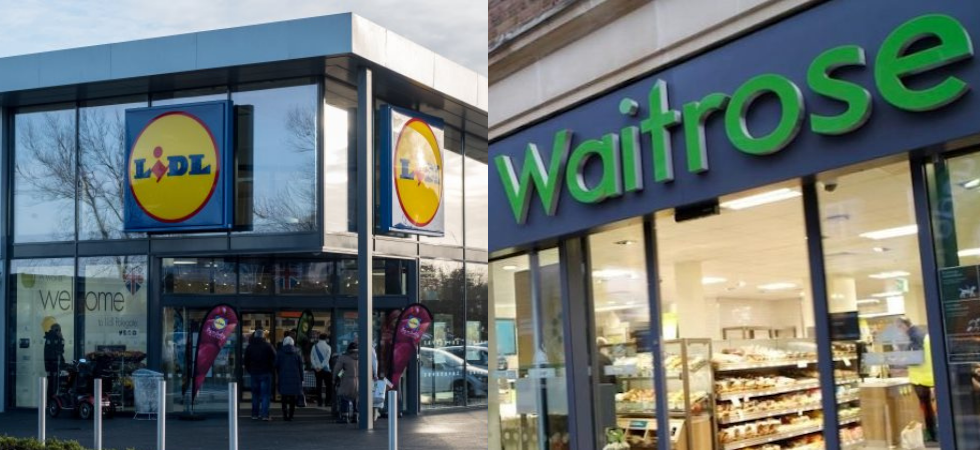Lidl and Waitrose have topped a list of eco-friendly supermarkets published by Which?, with both scoring well across greenhouse gas (GHG) emissions, plastic use and food waste.
In its latest study, the independent research firm collected data from supermarkets, both from their published reports and by asking the companies directly. Which? then used the data to determine the sustainability of 11 of the major supermarket chains operating in the UK.
Sharing the top spot, Lidl and Waitrose scored 74%. The discount retailer scored well on its GHS emissions intensity – how many tonnes of carbon dioxide equivalent it emits per million pounds of revenue – and plastics, with a high proportion of its own-brand plastic being considered “easily recyclable”, although it did less well when it came to food waste.
Which? stated that Waitrose also scored well across the board, with reasonable GHG and food waste scores. According to Which?, the retailer uses the least plastic compared to the number of items sold, measured as tonnes of plastic placed onto the market per million packs of groceries sold.
Other findings include:
- Aldi and Lidl achieved the lowest GHG emissions intensity
- The Co-op topped the plastic rankings for their products’ recyclability
- Ocado had the best food waste intensity by quite a margin.
Iceland finished at the bottom of the rankings, performing worst on GHG emissions by some margin. Which? stated that this may be due to the high proportion of frozen food it sells and the energy it takes to keep products frozen along the supply chain. It did, however, note that the retailer buys 100% renewable electricity for its UK sites.
The frozen food retailer also uses the most plastic relative to the number of items sold, and received a relatively average score for food waste.
Which?’s full rankings:
- Lidl 74%
- Waitrose 74%
- Asda 71%
- Sainsbury’s 71%
- Tesco 69%
- Morrisons 68%
- Aldi 66%
- Co-op 65%
- Ocado 63%
- M&S 48%
- Iceland 29%









